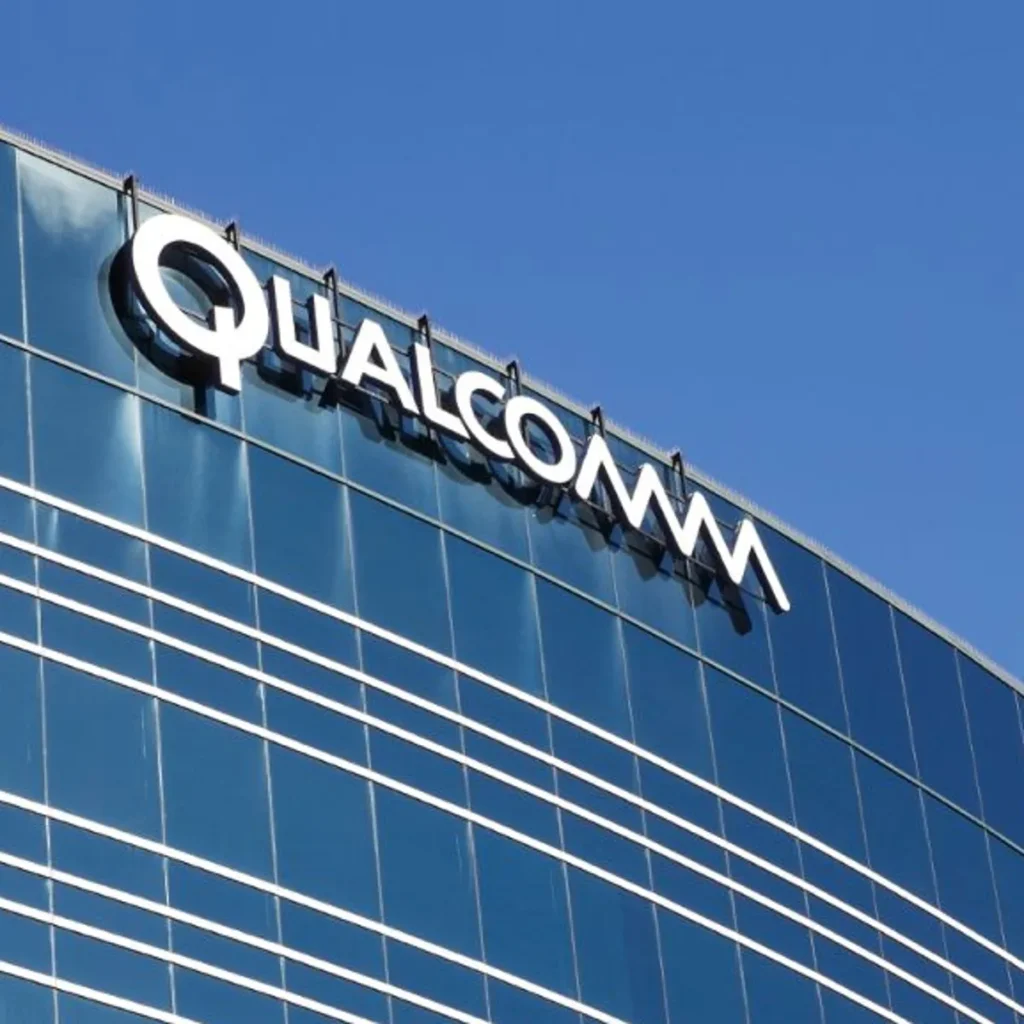There has been significant growth with respect to investment and business development in the country, and this cuts across all areas of the Nigerian economy; E-commerce, mobile technology, fintech startups among others.
Despite the many possibilities and potentials in the Nigerian market, not so many new businesses are able to scale through the fundamental stage, and as such are either forced to relocate or perhaps fold up if they don ’t end up been purchased by a third party company.
Some of the companies of the internet era that have failed the test of time in Nigeria at the fundamental stage include a couple of prominent businesses and/or brands who came in with bold statements such as OLX (classified forum), Efritin, Fero, Wiko, Wechat, Tambo Mobile, Easy Taxi, among several others.
While some of these businesses were able to scale through for years before going pear-shaped, others could barely scale through beyond a year. It’s interesting to note that many of these businesses share similar key issues that led to their respective failures, including a lack of proper research before entering the market, spending investor funds and never hitting the profitability mark, misappropriation of resources, lack of employee confidence, etc.
Sadly, a couple of existing Start-ups with seemingly great potential are still towing this familiar path to failure. This article aims to look at some of these businesses, past and existent, and shed light on key issues leading to their eventual failure.
Efritin
Owned by Swedish company– Saltside Technologies, Efritin officially launched as a classified advertisement website in Nigeria back in August 2015, however, could not scale past the second year of establishment in the country due to many reasons, with mismanagement of funds and high cost of data being the most prominent.
According to the CEO, Nils Hammar, Efritinhad suffered greatly from the lack of excellent internet penetration and adoption. Nils also emphasized on how the high cost of data, as well as the unfavorable economic condition during that time, had impacted negatively on the business.“We have a long list of KPIs to evaluate how things are performing. Compared to other markets, we didn’t see the same progress in Nigeria” Nils told the media.
“I think the data cost in Nigeria is very high. In comparison to other parts of West Africa, Africa and the rest of the world, it is very expensive to use the internet for the vast majority of the people. It is very difficult for e-commerce and classifieds because they are quite late in the evolution of the internet industry,” Nils added.
With no much doubt, Efritin’s exit from the Nigerian market points to the fact that their business strives in Nigeria was a non-profitable one.
While Nils’ reasons for the closure are justifiable, insiders also have it that the main reasons for the company’s inability to survive in Nigeria are major because of funds mismanagement. Recall back to 2016, Efritin former MD, Zakaria Hersi was accused of stealing thousands of dollars, while turning a blind eye to the internal crises that played a major role in their demise, especially as they were not able to raise more funding to scale the business any further.
Another key issue would be the lack of proper market survey, considering that other online classified platforms like OLX were not doing fantastically great as at the time of establishment in Nigeria.
Easy Taxi
Easy Taxi is another business/startup that failed at the point of debut in Nigeria, or better still let me say could not survive the test of time. Following the reception of a seed-funding valued at $10 million, the ride-hailing service which started off in Brazil back in 2011 expanded to Africa among other regions, launching in Nigeria sometime in 2013 and commencing operations in Abuja. 3 years down the line, however, the company hit the halt button and exited Nigeria.
Easy Taxi Nigeria is a subsidiary of Africa Internet Group who had the likes of Rocket Internet, MTN, Millicom, among others as Shareholders. It was hard to believe they wouldn’t survive the Nigerian economy for that long given all the major stakes in the business, however, as with most businesses that have failed in the past, Easy Taxi was not immune to the harsh realities of market penetration in a challenging market as Nigeria’s, hence its exit.
As for the reasons for their failure in Nigeria, it is still very unclear as all effort to lay hands on actual information has been to no avail. For the obvious, Easy Taxi had to struggle with proper penetration into the Nigerian market.
OPay
Talking about OPay, the story is a bit different as it is not a case of exiting the country. Instead, the fintech and multi-service company has been struggling with profitability since it arrived in Lagos, Nigeria back in August 2018. Here, there are several key issues that may lead to a bad ending for the Chinese company if care is not properly taken.
One of those many key concerns about OPay’s business in Nigeria is the over-reliance on financing to become profitable. While it is not news that Africa, and Nigeria as a whole, has become a focal point for foreign investors; OPay has keyed itself into the enormous opportunity therein, investing millions of dollars to pivot its multi-service platform which has been more of a liability than an asset. Why? You may like to ask; so far, the company has rather focused on spending, even when it is obvious that a lot of their business module is not sustainable, or perhaps, requires an overhauling in other cases.
As much as funding for a startup is very vital, working with a module that is sustainable or viable is as important. Sometimes, it is not all about spending money; a sustainable strategy sometimes cost less spending. It is even worse when a startup such as OPay fails to gather (despite having reasonable funding) the required expertise and knowledge to run the business, especially in this part of Africa where you have to go the extra mile to achieve significant success.













